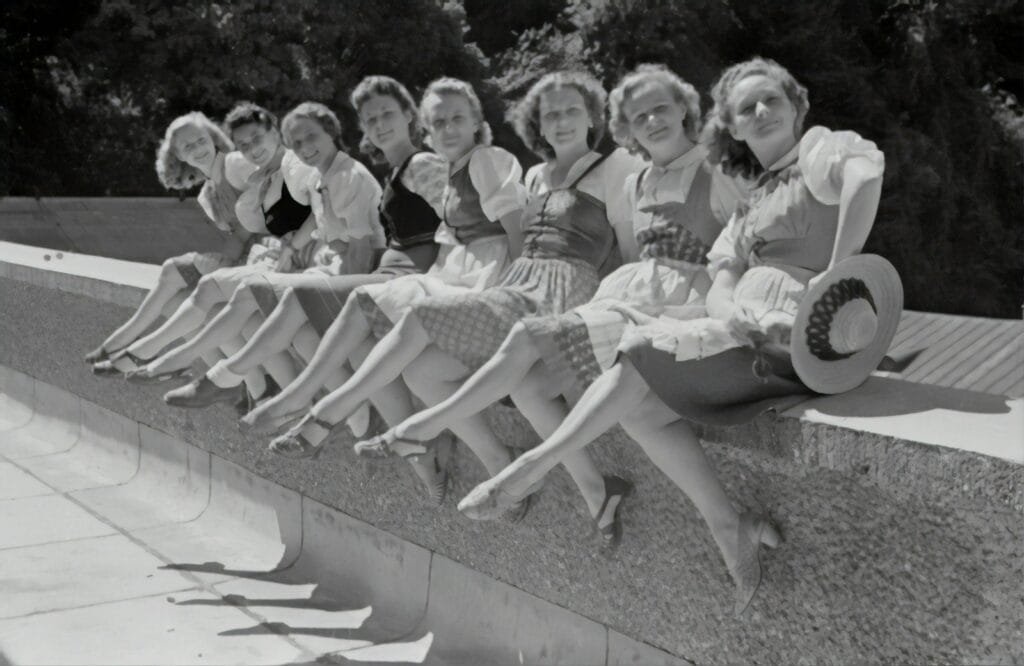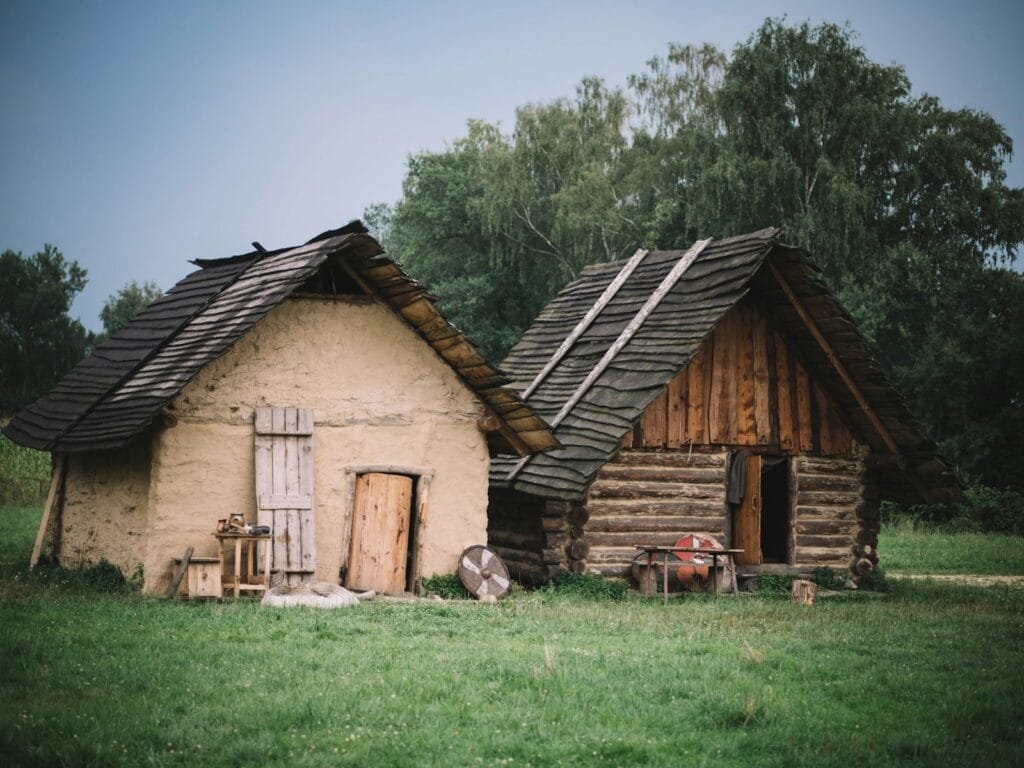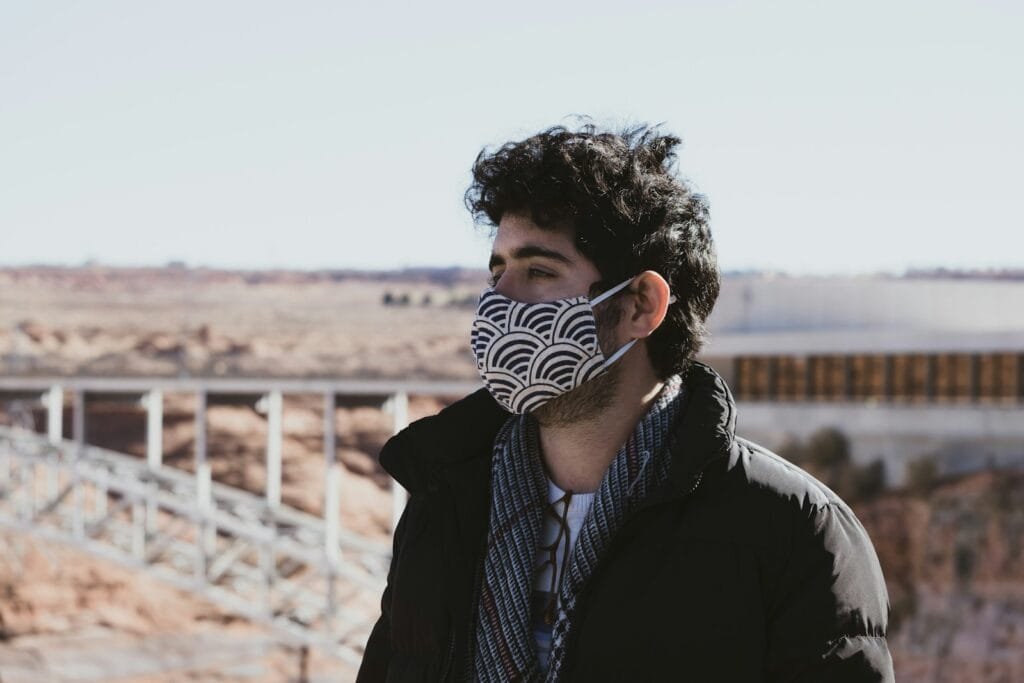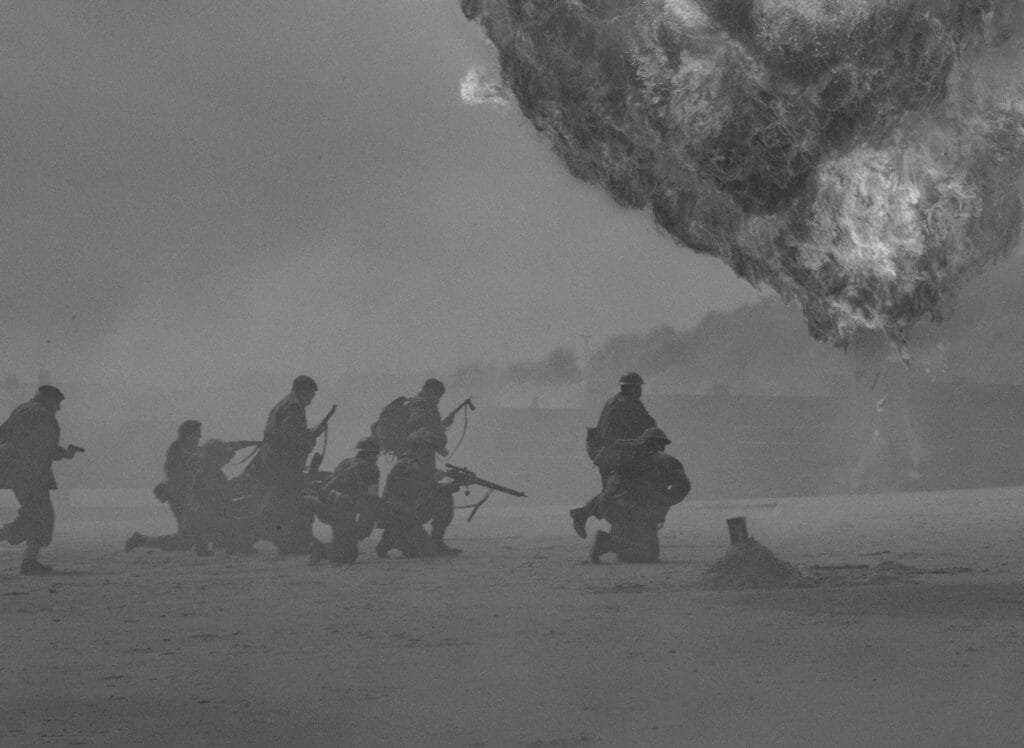past
The word “past” refers to any time before now. It is used as a noun, an adjective, and as an adverb.
- You can’t change the past. (noun)
- The man feels embarrassed about his past actions. (adjective)
- If you walk past the building, you’ll see statues outside of it. (adverb)
- Try not to live in the past. (A person who lives in the past thinks about and behaves in ways that focus too much on past activity.)

He tries not to live in the past.
a. Use "past" as a noun.
The past is any time that happened before now. There’s the distant past and the most recent past. When this word is used as a noun, an article such as “the” usually comes before it.
- People who study history learn about the past.
- The Earth formed a long time ago in the past.
- In the past, human beings used rocks as tools.
- If you made any mistakes in the past, try not to let that bother you too much.
- We can all learn from the past.
- A word like “yesterday” represents the past, but it feels a little like the present because it just happened.
- You need to know how to talk about the past when you study English.
a. Use "past" as a noun.

- The women in this picture lived in the past.
- This picture definitely looks like its from the past.

- It’s important to preserve the past so that we can learn about how people once lived.
b. Use "past" as an adjective.
When “past” is an adjective, it often goes before a noun.
- It’s interesting to study past civilizations.
- Ursula thinks often about her past experiences.
- John’s past behavior has made if difficult to find a job.
- Don’t dwell on past mistakes.
- What have you done this past year?
- You should consider how things have changed from years past.
- When people reminisce, they think about days past.
- My favorite album by the Moody Blues is Days of Future Past.
- I have been very busy in the past few weeks.
- Do you know how to form the past tense in English?
Note: Both “years past” and “days past” sound like a long time ago.
b. Use "past" as an adjective.

- The past pandemic was difficult for many people.

- What have we learned from past conflicts?
c. Use "past" as an adverb.
It’s fairly common to hear “past” used with verbs expressing motion. In this case, it becomes an adverb:
- They ran past the school.
- Let’s go past Bob’s house to see if he’s home.
- Every day I bike past a community garden.
- If you drive past the river, take a look at how high the water is.
- A helicopter flew past the crash site to look for survivors.
There are some phrasal verbs that use “past.”
- It’s hard to get past the terrible things he has done in his life. (get past = try not to consider or be influenced by something)
c. Use "past" as an adverb.

- Cyclists bike past large crowds of spectators during a a race.

- She can’t get past all of the terrible things that her boyfriend said to her.
d. past vs. passed
You can’s use “past” as a verb. It’s often confused with the past tense form of the verb “pass” which is “passed.” The “ed” ending forms a “t” sound, which explains the confusion.
- We passed the building
- We went past the building.
These sentences have essentially the same meaning, but the words used in each are different. Here are some additional examples:
- She has passed her test.
- The days of worrying about her test results are in the past.
- The police passed by in a squad car.
- The police drove past us in a squad car.
d. past vs. passed

- The teacher announced to the class that everyone passed the final exam. (past tense of “pass”)

- The presenter went passed several slides in his presentation in order to show everyone this particular slide. (past tense of the verb phrase “go past”)
